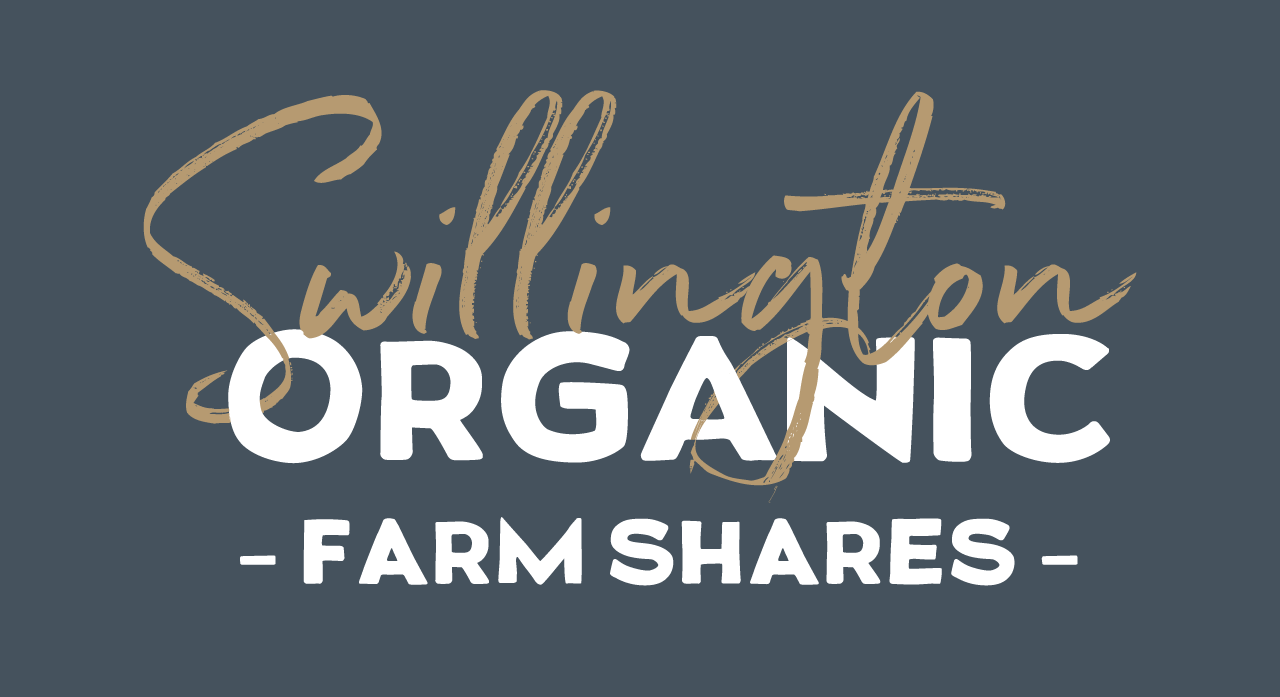What’s been happening on the farm this February?
As an organic farm, lots of planning goes into keeping all our animals outdoors for as much of the year as possible. Winter is a busy time at Swillington as we look after all the animals through the cold, wet and windy weather and prepare for the spring arrivals.Here's a quick look at what we're focusing on this February... Sheep ScanningThe ewes were scanned at the end of January to see how many lambs we’re expecting. This is the same ultrasound scan that we use, except the mother doesn’t get a photo!The advantages of scanning are that we can then group the ewes according to the number of lambs and give them extra food as necessary.This year we have 7 due triplets and these are now housed undercover having extra food and eating for four. Those sheep carrying twins will be given extra food later as needed. The ewes due only single lambs won’t have any extra food as if they do there is the chance that the lambs will grow too big to be lambed normally.In the autumn we bought 3 new male breeders or ‘tups’ (Mo, Bert and Harry) and they have obviously been busy as the prediction is over 200 lambs!We're looking forward to lambing this year which will be in the new shed, so it will be dry, light and with plenty of space - but we're bracing ourselves for the long days and lack of sleep to come...
Sheep ScanningThe ewes were scanned at the end of January to see how many lambs we’re expecting. This is the same ultrasound scan that we use, except the mother doesn’t get a photo!The advantages of scanning are that we can then group the ewes according to the number of lambs and give them extra food as necessary.This year we have 7 due triplets and these are now housed undercover having extra food and eating for four. Those sheep carrying twins will be given extra food later as needed. The ewes due only single lambs won’t have any extra food as if they do there is the chance that the lambs will grow too big to be lambed normally.In the autumn we bought 3 new male breeders or ‘tups’ (Mo, Bert and Harry) and they have obviously been busy as the prediction is over 200 lambs!We're looking forward to lambing this year which will be in the new shed, so it will be dry, light and with plenty of space - but we're bracing ourselves for the long days and lack of sleep to come... CalvingTo provide more beef all year round for our customers without overly impacting our organic land, we spread the calving period. We will start calving next month, with the calves born earlier able to take advantage of the spring grass.More grass means more milk from mum and happy calves!
CalvingTo provide more beef all year round for our customers without overly impacting our organic land, we spread the calving period. We will start calving next month, with the calves born earlier able to take advantage of the spring grass.More grass means more milk from mum and happy calves! St Aidan's Nature ReserveAll the stock are back home from their holidays on the RSPB nature reserve now and will gradually be reintroduced to their Swillington pastures starting in March. Only a few cattle will go on at first to reduce the chances of trampling on the ground nesting birds. But the sheep have to stay off during this time as although they only have small feet, they can still do some damage.The RSPB are planning more investment in the site including fencing to keep foxes off and better cattle handling facilities. This will help us graze the land with our rare breeds which has been identified by Natural England as the best method for improved species conservation on this land.Fancy coming along to meet some of our lovely animals? Keep your eyes peeled on our events page, Twitter and Facebook for the next Meet Up.
St Aidan's Nature ReserveAll the stock are back home from their holidays on the RSPB nature reserve now and will gradually be reintroduced to their Swillington pastures starting in March. Only a few cattle will go on at first to reduce the chances of trampling on the ground nesting birds. But the sheep have to stay off during this time as although they only have small feet, they can still do some damage.The RSPB are planning more investment in the site including fencing to keep foxes off and better cattle handling facilities. This will help us graze the land with our rare breeds which has been identified by Natural England as the best method for improved species conservation on this land.Fancy coming along to meet some of our lovely animals? Keep your eyes peeled on our events page, Twitter and Facebook for the next Meet Up.
